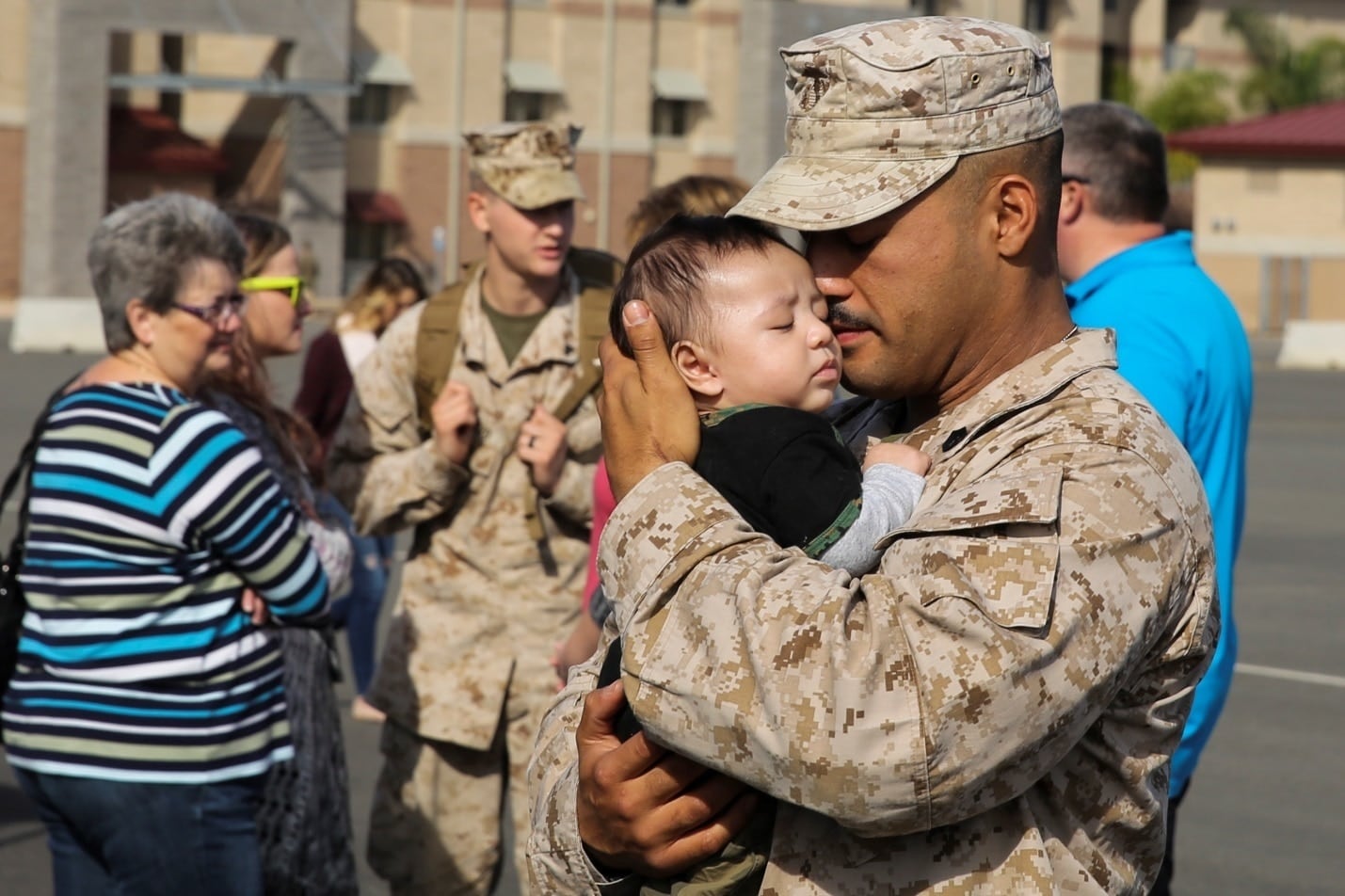Folks in the cafes and classrooms of Berkeley, California, were startled Tuesday afternoon by a rare sight and sound for the university town: a Navy fighter passing low overhead.
Indeed, an F/A-18E Super Hornet pilot who flew over the University of California campus in Berkeley on Tuesday is under investigation for possibly violating Federal Aviation Administration and Navy regulations, a Naval Air Force Pacific spokeswoman has confirmed.
The pilot, whose name is not being released, flew between 2,500 to 3,000 feet over the city of Berkeley during a training flight on Tuesday afternoon, Lt. Reagan Lauritzen said.
Local news site Berkeleyside first reported the flyover, citing tweets from Berkeley residents about the jet setting off fire alarms and otherwise disturbing students and residents. people.

Berkeleyside said an anonymous source, who claimed to be a UC Berkeley student, wrote in an email that the Naval Air Station Lemoore, California-based pilot is his brother, and the low-fly was in his honor.
The student wrote that his brother "is moving to Texas at the end of the week, so he thought it would be cool to fly over campus while I was there before he left. Not that much to the story unfortunately," Berkeleyside reported.
Residents complained to Berkeleyside via Facebook and Twitter that the jet's roar woke babies, startled pets and "terrified" children and adults throughout the city.

Though the pilot was under FAA control throughout the flight, the Navy is making sure the flyover was safe and approved.
"It's not uncommon for the Navy to investigate flights resulting in public disturbance," Lauritzen said. "The Navy determined an investigation was warranted based on local reporting of the flight pattern."
Navy F/A-18s must keep an altitude of 1,000 feet above the highest obstacle with a clear horizontal radius of 2,000 feet when flying over a densely developed area or assembly of people, per FAA regulation, Lauritzen added.
Meghann Myers is the Pentagon bureau chief at Military Times. She covers operations, policy, personnel, leadership and other issues affecting service members.




